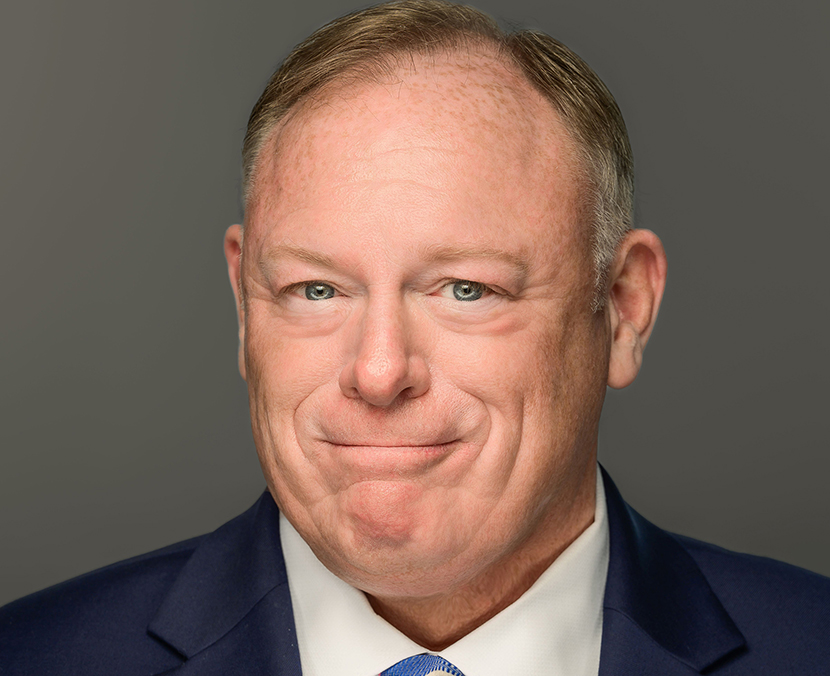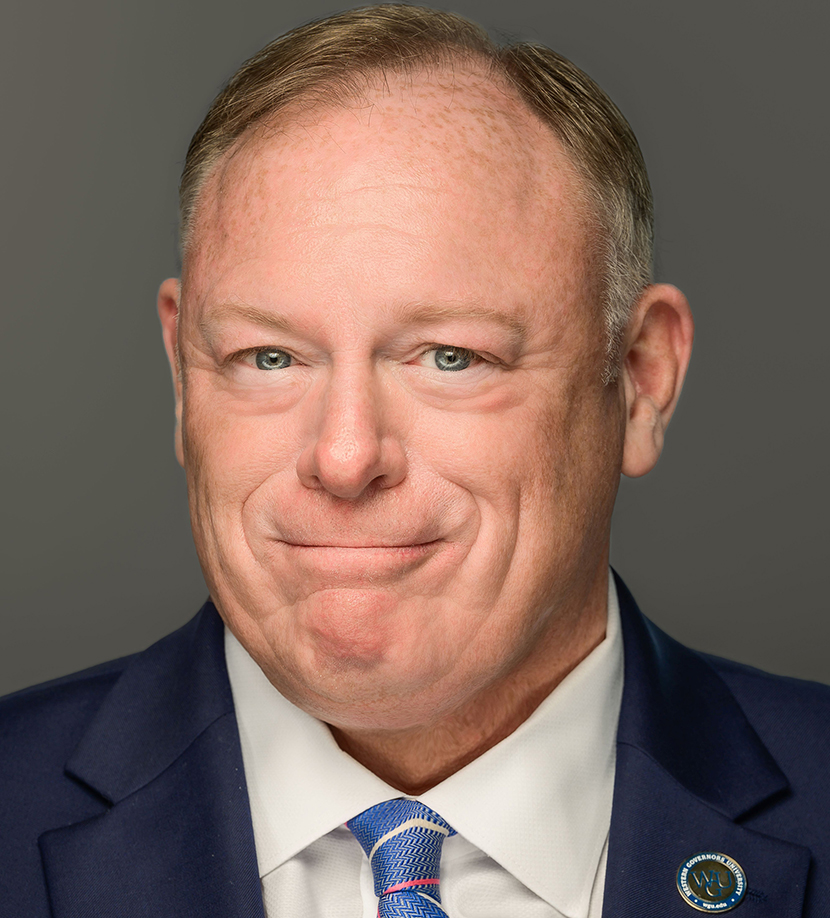
Benjamin M. Coulter, Ed.D.: Above.
Throughout my career as a military officer, I received formal feedback from senior officers as part of the Army's highly regimented annual evaluation process, known as the Officer Evaluation Report, or OER. However, the most relevant, candid and meaningful guidance came from peers and ranking officers whom I worked with on a frequent basis. They were mentors in every sense of the word.
As I entered academia, I benefited from similar mentor relationships among the faculty and senior administrators at NC State during my doctoral program, and at Western Carolina University, where I taught for several years.
They often challenged me as a faculty member and administrator to learn new skills and explore innovative approaches to leadership, and counseled me on areas surrounding my career goals and pathway. I've seen firsthand how mentors provide value across various sectors, including the business world. More than 70 percent of Fortune 500 companies have mentoring programs.
Yet one area where mentorship is lacking is in the student experience at our institutions of higher learning. Unfortunately, college advising today is largely rote, perfunctory and intermittent. It is incumbent upon students to seek out and make appointments with their advisors, rather than the other way around. Many of those interactions are based solely on discussing graduation requirements and corresponding class schedules rather than the students' well-being and career goals.
Certainly, there are excellent advisors and mentors in our colleges and universities, but it is time for them to implement holistic mentoring programs for undergraduate and graduate students. Mentoring learners needs to be a proactive, continuous endeavor focused on the whole individual, rather than just their transcripts.
Here are five considerations for an effective postsecondary mentoring program.
- Every student is assigned a mentor when they enter college. If necessary, they can switch mentors when they declare a major or change majors.
- Colleges should hire mentors with personal experience from a student's field of study. Mentors can address how course curricula connect with real-world work experience.
- Mentors are proactive, scheduling regular calls or in-person meetings with their mentees. Highly self-motivated students might not need that regular interaction, in which case it can be brief, but many students would benefit from a regular check-in or nudge.
- Mentors should be fully aware of all available resources that their school offers, including tutoring, financial assistance and mental health resources. The National Education Association reports that 44% of college students reported symptoms of depression; 37% said they experienced anxiety; and 15% had considered suicide. While not a panacea for these issues, mentors can direct students to appropriate counseling and intervention resources.
- Graduation should not be the goal of this mentorship; successful job placement or acceptance into a postgraduate program should be.
Western Governors University, the accredited online nonprofit university where I currently work, assigns a program mentor to every incoming student. These individuals work with students from day one through to their graduation. In a 2022 Gallup Poll of WGU graduates, 63% said they had a mentor who encouraged them to pursue their goals, compared to the national average of just 30%.
Shannon DeBruhl, MSN, RN, a senior program mentor from Zebulon, says,
"WGU program mentors serve as 'guides on the side' and resource experts. We communicate weekly or biweekly with our students to ensure they have everything they need to be successful and meet their goals. Our responsibilities include term planning of course start and end dates, along with connecting students to various instructional resources."
Progressing in one's higher-education journey today can be daunting. Freshmen and transfer students arrive on campus or enroll in online schools with little guidance from individuals committed to helping them succeed. More than one million adults in North Carolina have some college credit but no degree; perhaps some of them would have benefited from a mentor who could help them resolve financial or academic issues.
To better serve our students, more colleges and universities should hire, train and empower professional mentors. Doing so will promote student success and lead to better outcomes for the schools and their alumni.
Ben Coulter, Ed.D., is the Southeast Regional Director for Western Governors University, an accredited online nonprofit university with more than 7,600 graduates in North Carolina.


























